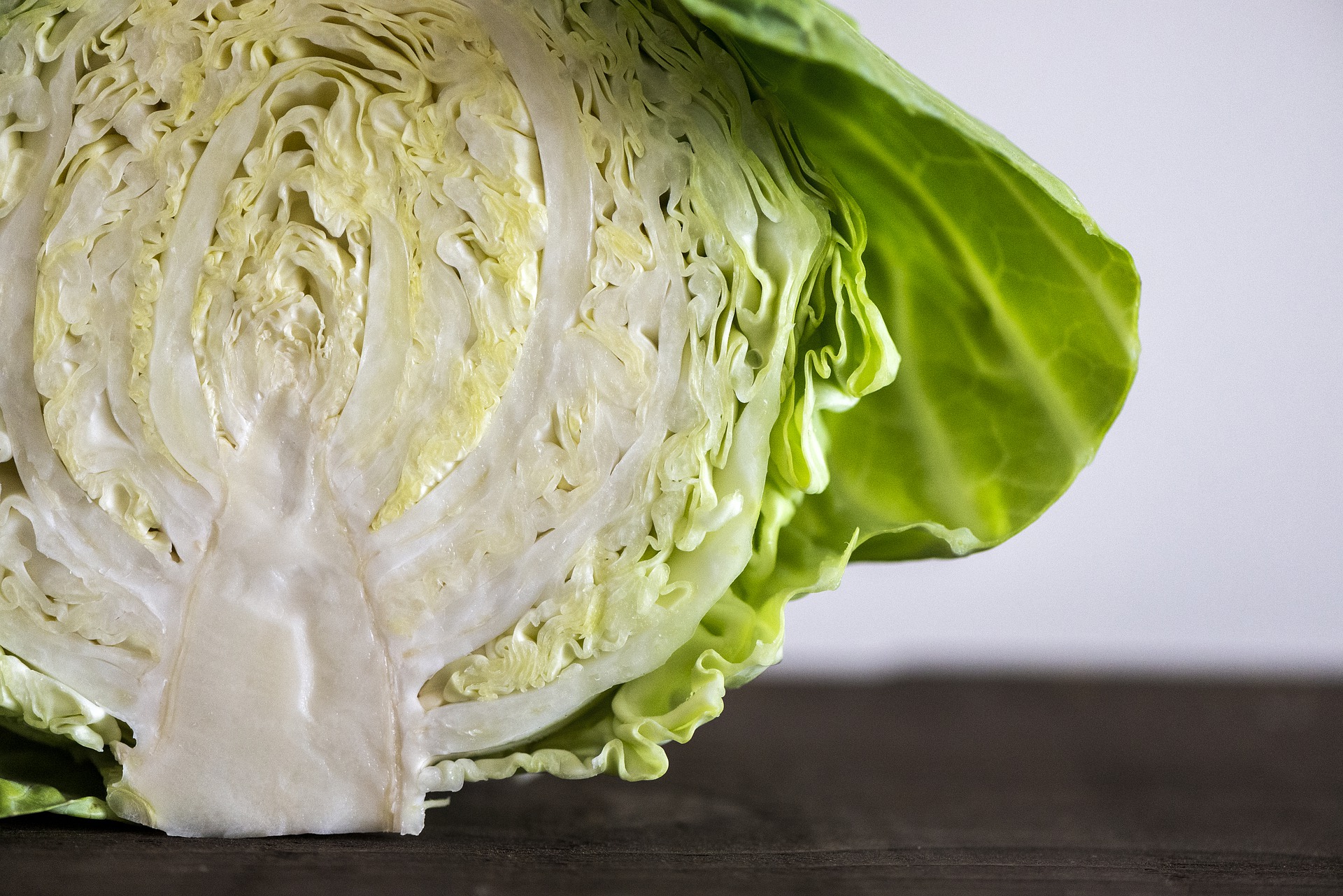
Cabbages are a type of vegetable belonging to the Cruciferous group that are often found in dishes. Just like most other vegetables, cabbage has nutrients that are good for the body. 75 grams of cooked cabbage contains 17 calories, 4 grams of carbohydrate (including 1 gram of fiber and 2 grams of sugar), 1 gram of protein, and it can fulfill 30-35% of your daily vitamin C needs. In addition, cabbage also contains vitamin K and B6, folate, and other minerals. As quoted from Medical News Today, cabbage is also known to have other health benefits, including:
- Protection from the side effects of radiation therapy
Cabbage and other cruciferous vegetables contain 3,3-diindolymethane (DIM) compounds, which are known to be able to protect the body from the side effects of radiation. In a study conducted by Georgetown University, administering DIM to mice given a lethal radiation dose can increase their life expectancy by up to 50%. - Prevent cancer
Cabbage contains sulforaphane, which cause the vegetable to taste bitter. Experts believe that sulforaphane can help prevent and fight cancer. It was found in several studies that the compound can prevent the growth of cancer cells by inhibiting the production of histone deacetylase (HDAC) enzyme. Cabbage also contains anthocyanin, which is known to slow down proliferation and kill cancer cells. - Maintain heart health
According to a report published in American Journal of Clinical Nutrition, consuming foods rich in flavonoids (including cabbage) can reduce the risk of death by cardiovascular disease. Cabbage is also rich in polyphenols, which can reduce the risk of heart disease by helping to lower blood pressure. - Improve the immune and digestive system
Cabbage can be fermented and made into kimchi or sauerkraut, which are known to be rich in probiotics which can help boost the immune system. In addition, the fibre and water contained in cabbage can also help prevent constipation.
Text by Anggie Triana
Stock photos from Pixabay
Source(s):
- Medical News Today - The benefits of cabbage health (2017). https://www.medicalnewstoday.com/articles/284823.php, March 13, 2019.